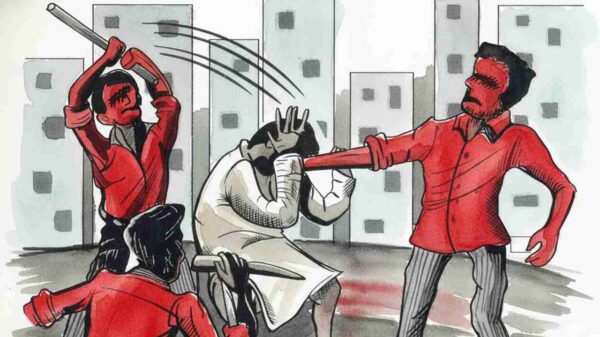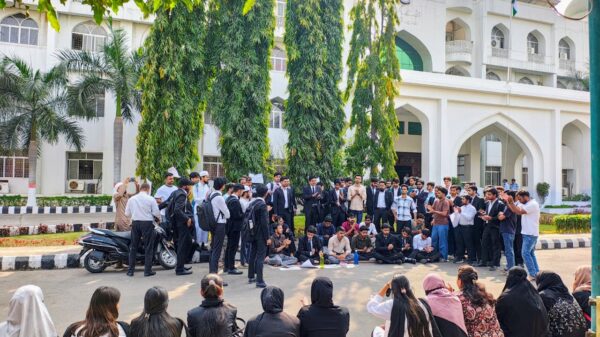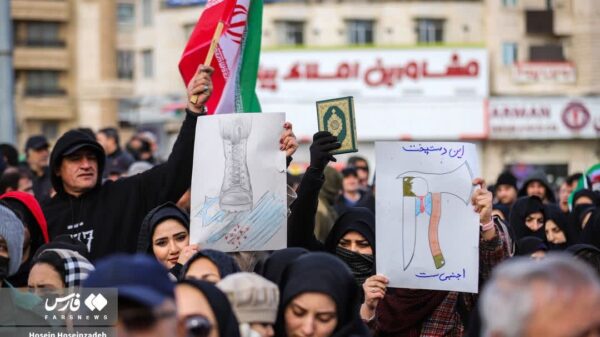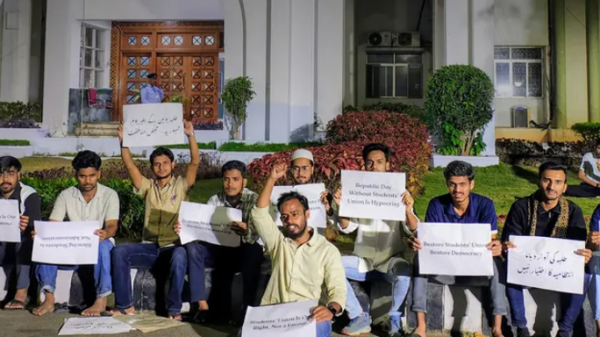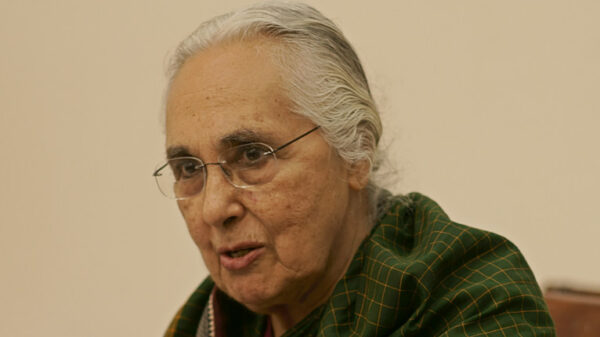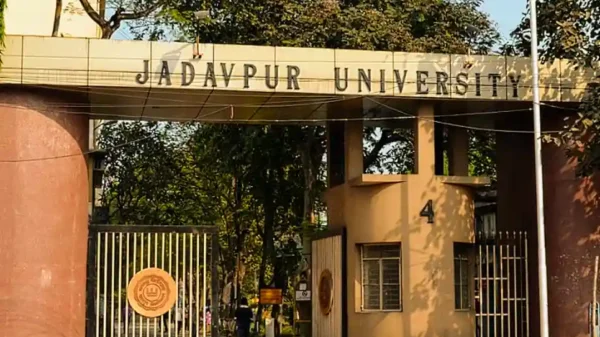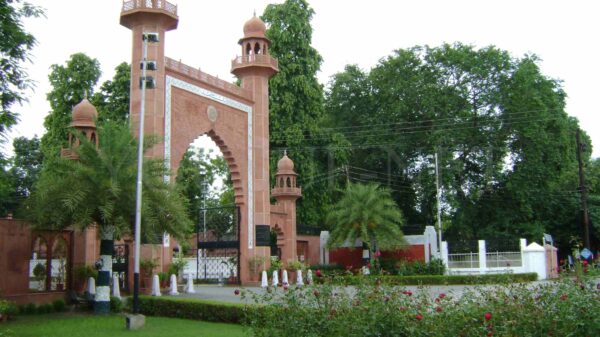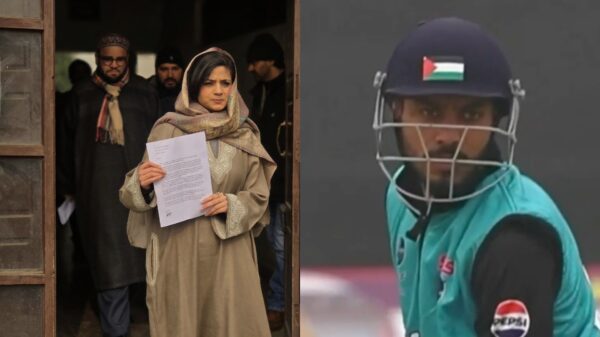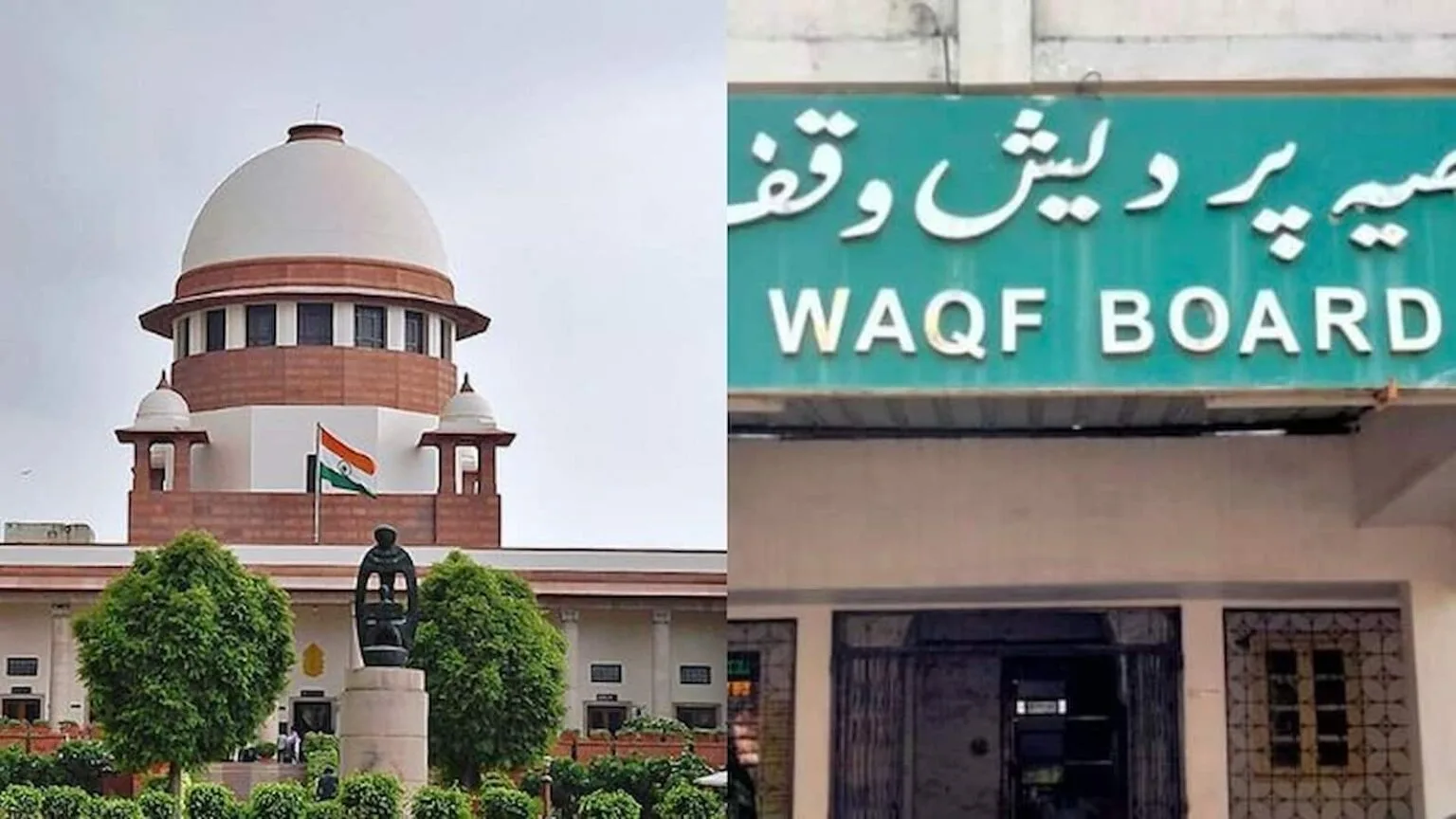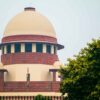The Supreme Court will continue hearing petitions challenging the Waqf (Amendment) Act, 2025, on Thursday, April 17. On Wednesday, April 16, the Court questioned the government’s stance on key issues related to the new law, which has sparked protests across India.
The Chief Justice of India (CJI) Sanjiv Khanna, along with Justices Sanjay Kumar and KV Vishwanathan, is hearing the case. The petitions against the law have been filed by several prominent leaders and organizations, including Asaduddin Owaisi, Amanatullah Khan, and Congress MP Manoj Kumar Jha, as well as various Muslim groups and political parties like AAP, DMK, and the All India Muslim Personal Law Board (AIMPLB).
Key Concerns Raised by the Court
The Court raised several significant questions, especially regarding the government’s handling of Waqf properties. CJI Khanna pointed out, “You cannot rewrite the past of 100 years back. If public trust has been declared as Waqf 100 or 200 years ago, you cannot simply turn around and say it is taken by the Waqf Board.”
The bench also questioned the validity of declaring properties as Waqf based on historical usage, without proper documentation. Under the Waqf Act, properties that were in religious use for a long time can be labeled as Waqf, even if they don’t have formal records.
CJI Proposes Interim Order
CJI Khanna proposed an interim order to ensure that properties already declared as Waqf by the court or through use would not be denotified or treated as non-Waqf. The Chief Justice said, “Properties declared to be Waqf by court or otherwise will not be denotified. The Collector can continue with proceedings, but the provision will not be given effect.”
On the issue of the Central Waqf Council, the CJI clarified that while ex-officio members can be appointed from all faiths, the other members must be Muslim, reflecting the importance of protecting religious autonomy.
Political and Legal Backing
The Waqf (Amendment) Act has been a source of controversy. While opposition parties and Muslim organizations have filed petitions against the law, several BJP-ruled states, including Haryana, Maharashtra, and Madhya Pradesh, have supported it. These states argue that reforms are needed in the management of Waqf properties.
Union Minister Kiren Rijiju defended the Act, stating that the government’s intention was to prevent anyone from taking control of another person’s land. He emphasized that the law was meant to correct past errors, not target the Muslim community.
However, AIMIM chief Asaduddin Owaisi, in his plea, criticized the law, calling it a violation of Muslims’ fundamental rights. “This law brazenly violates the fundamental rights of Muslims and the Muslim community,” Owaisi said.
The Supreme Court will continue hearing the case tomorrow, with a focus on the constitutional validity of the Waqf (Amendment) Act, and the legal issues surrounding the management of Waqf properties.
Read More: ‘Impossible to Produce Sale Deeds for 14th-Century Mosques’: CJI tells Union Government







